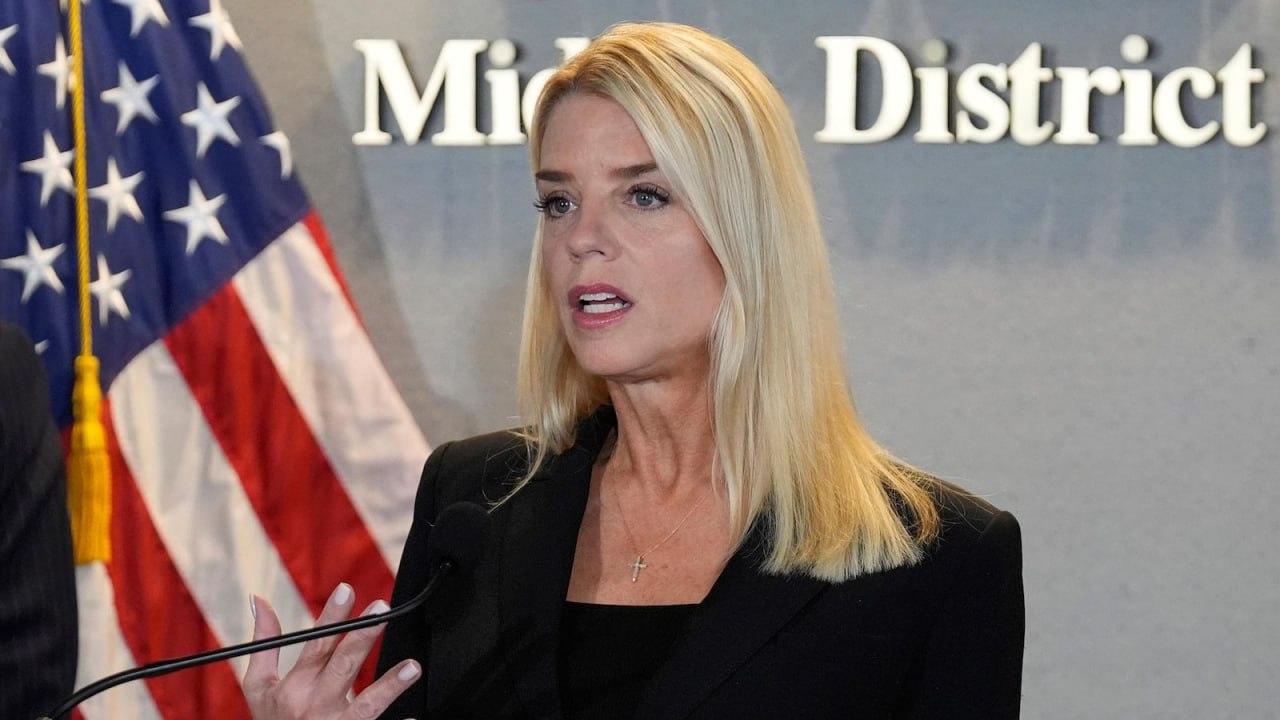
The U.S. Department of Justice is facing swift and widespread condemnation from both gun rights organizations and LGBTQ advocacy groups after reports emerged that it is considering a policy to restrict transgender people from owning firearms. The discussions, which are still in preliminary stages according to an anonymous source familiar with internal deliberations, follow last month’s shooting at a Minneapolis Catholic school carried out by a transgender individual. This incident has intensified debates around gun control, mental health, and civil rights, though no formal proposal has been finalized. The mere suggestion of such a ban has ignited fury across the political spectrum, with critics arguing it unfairly targets a marginalized group and could set a dangerous precedent for broadening firearm prohibitions based on identity rather than behavior or criminal history.
LGBTQ advocates have been particularly vocal, labeling the potential policy as misguided and discriminatory. They emphasize that singling out transgender people—who already face elevated risks of violence and discrimination—would further stigmatize the community without addressing root causes of gun violence. Organizations like the Human Rights Campaign and GLAAD have pointed to research showing that transgender individuals are far more likely to be victims of violent crime than perpetrators, making such a restriction not only unjust but also counterproductive to public safety. Meanwhile, gun rights groups, including the National Rifle Association, have expressed concerns about the erosion of Second Amendment protections, arguing that any move to limit gun ownership based on identity rather than individual risk factors violates constitutional rights.
This development occurs within the broader context of the Trump administration’s renewed focus on policies affecting transgender Americans. Since returning to office, the administration has pursued several measures targeting the transgender community, including reinstating bans on transgender individuals serving openly in the military and supporting legislation that restricts their participation in women’s sports. These actions align with a longstanding conservative agenda that frames such policies as matters of fairness, safety, and tradition, though opponents decry them as rooted in prejudice rather than evidence. The potential gun ownership ban represents a significant escalation, directly linking transgender identity to public safety concerns in a way that could have far-reaching legal and social implications.
The Justice Department’s internal discussions highlight the complex and often contentious intersection of gun rights, civil liberties, and identity politics in contemporary America. While the idea remains speculative, its emergence reflects a polarized political climate where responses to high-profile incidents often prioritize swift, symbolic actions over nuanced, evidence-based solutions. As debates continue, legal experts note that any policy singling out a specific demographic group would likely face immediate court challenges under the Equal Protection Clause of the Fourteenth Amendment, setting the stage for a protracted legal battle with profound implications for both gun ownership and transgender rights in the United States.
